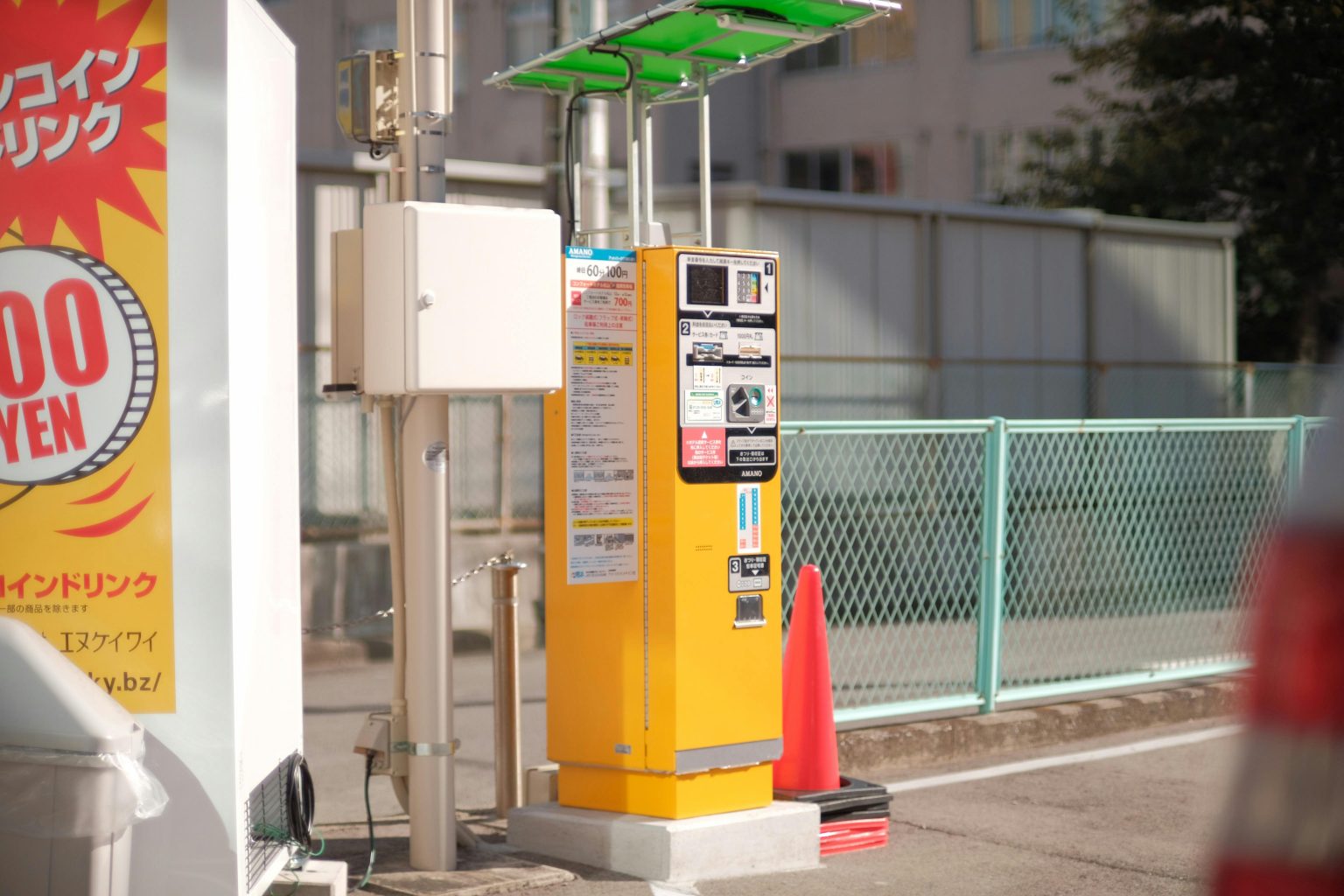In bustling urban areas, parking has become one of the most pressing challenges for property owners, city planners, and drivers alike. As cities continue to grow, the demand for efficient, secure, and convenient parking solutions rises as well. Full-service parking management addresses these challenges by offering a comprehensive, streamlined approach to parking operations.
Beyond simply providing parking spaces, it integrates technology, customer service, and operational expertise to improve every aspect of the parking experience.
Improving Efficiency Through Strategic Operations
Full-service parking management involves more than just managing vehicles—it is a system designed to optimize space utilization, traffic flow, and accessibility. In densely populated cities, every inch of space counts, and operators must ensure that lots and garages function efficiently without causing congestion. By analyzing peak usage times, adjusting layouts, and adopting digital management tools, operators can create smoother and faster experiences for drivers.
Automation plays a crucial role in this process. Modern parking facilities use sensors, automated gates, and payment systems to reduce wait times and minimize manual labor. Real-time monitoring allows operators to identify inefficiencies quickly, whether related to maintenance, occupancy, or security. As a result, parking management becomes not only about controlling access but also about improving mobility within and around a facility.
Elevating the Customer Experience
Drivers often judge their entire visit to a destination by the ease of finding and leaving a parking space. Full-service parking management recognizes this and prioritizes user satisfaction from the moment a vehicle enters the property. From contactless payment options to mobile navigation assistance, convenience has become a central feature of modern parking services.
Trained attendants, responsive support teams, and clear signage also contribute to a seamless experience. A well-managed parking facility eliminates confusion and frustration, replacing them with speed, reliability, and comfort. When operations run smoothly, both drivers and property owners benefit—visitors are more likely to return, and businesses can project a sense of professionalism and organization.
Integrating Technology for Smarter Management
The growing influence of technology has transformed traditional parking operations into smart, data-driven systems. Artificial intelligence, mobile apps, and cloud-based software now play an integral role in monitoring and optimizing facilities. Through data analytics, operators can predict usage trends, adjust pricing dynamically, and respond to maintenance needs in real time.
Companies such as Parking Systems have demonstrated how digital tools and automation can create sustainable and cost-effective management models. Technology helps operators maintain transparency and efficiency, allowing them to focus on delivering value through improved service and safety. These innovations not only streamline day-to-day operations but also lay the foundation for future advancements in transportation and urban design.
Prioritizing Safety and Sustainability
Safety remains a top priority in full-service parking management. Well-lit facilities, surveillance cameras, and trained personnel help protect both vehicles and pedestrians. In emergencies, advanced communication systems allow for quick coordination and response, ensuring that drivers feel secure at all times.
Sustainability also plays a growing role in how parking facilities are designed and managed. Electric vehicle (EV) charging stations, energy-efficient lighting, and eco-friendly materials are now common features in modern parking structures. By embracing these practices, operators reduce environmental impact while aligning with broader sustainability goals. Over time, these efforts contribute to cleaner cities and more responsible urban development.
Supporting Urban Growth and Connectivity
As cities evolve, full-service parking management supports growth by fostering connectivity between transportation systems and infrastructure. Efficient parking solutions reduce congestion, enhance traffic circulation, and make public spaces more accessible. The data gathered through these systems can also guide city planners in making informed decisions about future developments, from zoning adjustments to the integration of public transit.
Furthermore, full-service parking management contributes to economic activity. Retail centers, office complexes, and residential developments all rely on well-organized parking systems to attract visitors and tenants. When parking works efficiently, it strengthens the overall ecosystem of urban life, ensuring that mobility and accessibility keep pace with growth.
Shaping the Future of Parking and Mobility
The evolution of full-service parking management reflects a broader shift toward smarter and more sustainable cities. By combining operational expertise, advanced technology, and a commitment to user experience, it offers a model for how urban mobility can be improved holistically.
In the coming years, as automation, artificial intelligence, and sustainable design continue to advance, full-service parking management will remain essential in shaping how people move through and interact with urban spaces. It ensures that parking—often overlooked but always necessary—becomes an integral, efficient, and user-friendly component of city life.
Through continuous innovation and thoughtful planning, the future of parking management is not just about finding space for cars but about designing systems that support the flow of modern urban life.


